Day 11 – Saint John Chrysostom (c. 347–407)
Saint John was born in Antioch, one of the great cities of the ancient world. Raised in a Christian family, he devoted himself early to study, training first in rhetoric under one of the best teachers of the day. His gift for words was unmistakable, but instead of pursuing worldly fame, he turned his talents to the service of Christ. Entering monastic life, he gave himself to prayer and study, preparing for a ministry that would soon shake the church.
Ordained as a priest, John became one of the most powerful preachers of his age. His sermons drew crowds not because they were entertaining, but because they were clear, practical, and piercing. He preached verse by verse through books of Scripture, urging his hearers to live lives of holiness, generosity, and compassion for the poor. His eloquence earned him the name Chrysostom — “golden-mouthed.”
In 398, John was made Archbishop of Constantinople, the capital of the empire. From that pulpit, he spoke boldly against corruption, greed, and moral compromise — even when it meant challenging the emperor and his court. His fearless preaching made him beloved by the people but hated by the powerful. Twice he was driven into exile, where he suffered greatly. Yet even from exile he continued to write letters, strengthening the church with encouragement and hope.
John’s legacy is not only in his words but in his vision of the Christian life. He saw the liturgy as heaven breaking into earth, and his prayers and homilies still echo in the liturgies of the Eastern church. His sermons reveal a shepherd’s heart: urging the wealthy to care for the poor, and calling every believer to live as if their faith truly mattered.
For us today, Saint John Chrysostom reminds us that preaching is not about pleasing ears but about shaping lives. His courage challenges us to speak truth even when it is costly, and his compassion calls us to remember that true worship always overflows into love of neighbor.
